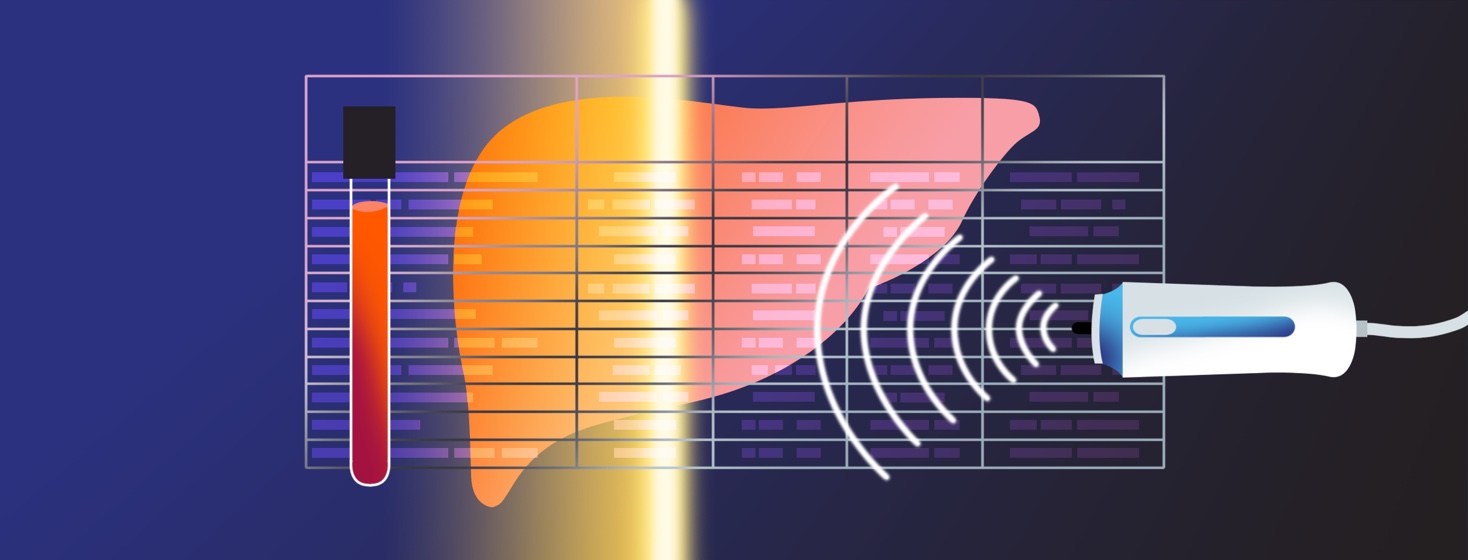Liver Tests and Hepatitis C
There are a variety of liver tests performed to help determine the condition of the liver. These tests help indicate the overall condition of the liver and help point physicians to liver disease and conditions, like hepatitis C.
Specific testing for hepatitis C is the best way to determine if someone has the hepatitis C virus and how active the virus is. These tests including anti-HCV: looking for the presence of hepatitis C antibodies, HCV-RNA-PCR (qualitative) test: looking at the presence and the genetic makeup of the virus and HCV-RNA (quantitative): measuring the amount of virus present in the blood.1-5
What are liver enzymes?
Enzymes are types of proteins that speed up chemical reactions in the body. Liver enzymes can inform if there is a problem with the liver, but they don’t always tell the whole story. A person with chronic active hepatitis C can have liver enzymes that go up and down and even return into normal or near-normal limits, but without treatment, liver damage can still be occurring.1-5
Testing liver enzymes
A liver panel consists of a series of liver enzyme tests to help evaluate the overall condition of your liver. A liver panel may include:1-5
- Alanine transaminase (ALT) test: ALT is an enzyme that helps break down proteins and found mainly in your liver. Elevated levels in the blood can mean you have liver damage.
- Alkaline phosphatase (ALP) test: ALP is an enzyme in your liver, bile ducts, and bones. You can have elevated ALP if you have liver damage, or a disease, a blocked bile duct, or bone disease.
- Albumin and Total Protein test: Your liver makes two main proteins: albumin and globulin. Decreased levels can mean liver damage or disease. Globulin is also made by the immune system. Autoimmune disorder tests may need to be considered.
- Aspartate transaminase (AST) test: AST is a liver enzyme. Elevated levels can indicate liver damage or disease.
- Bilirubin test: Bilirubin is made when red blood cells break down. Normally, the liver cleans bilirubin out of your body. If you have elevated bilirubin, this can indicate liver damage or disease. Patients may also be jaundice (yellowing color of the eyes and skin).
- Gamma-glutamyl transferase (GGT)test: Elevated levels of this liver enzyme can indicate liver or bile duct damage.
- L-lactate dehydrogenase (LD) test: LD is an enzyme that, when elevated, can indicate liver damage or other conditions.
- Prothrombin time (PT) test: The PT test measures how long it takes for your blood to clot. If it takes a long time, this can indicate liver damage. If the patient is taking blood thinners, this can also affect how long it takes the blood to clot.
Other tests for hep C
Blood tests, along with other tests like CT scans, MRI, sonogram, fibroscan, or liver biopsy, help determine the presence of liver damage and condition of the liver. A person can still have hepatitis C without any symptoms or risk factors. Be proactive and get tested for hepatitis C.

Join the conversation